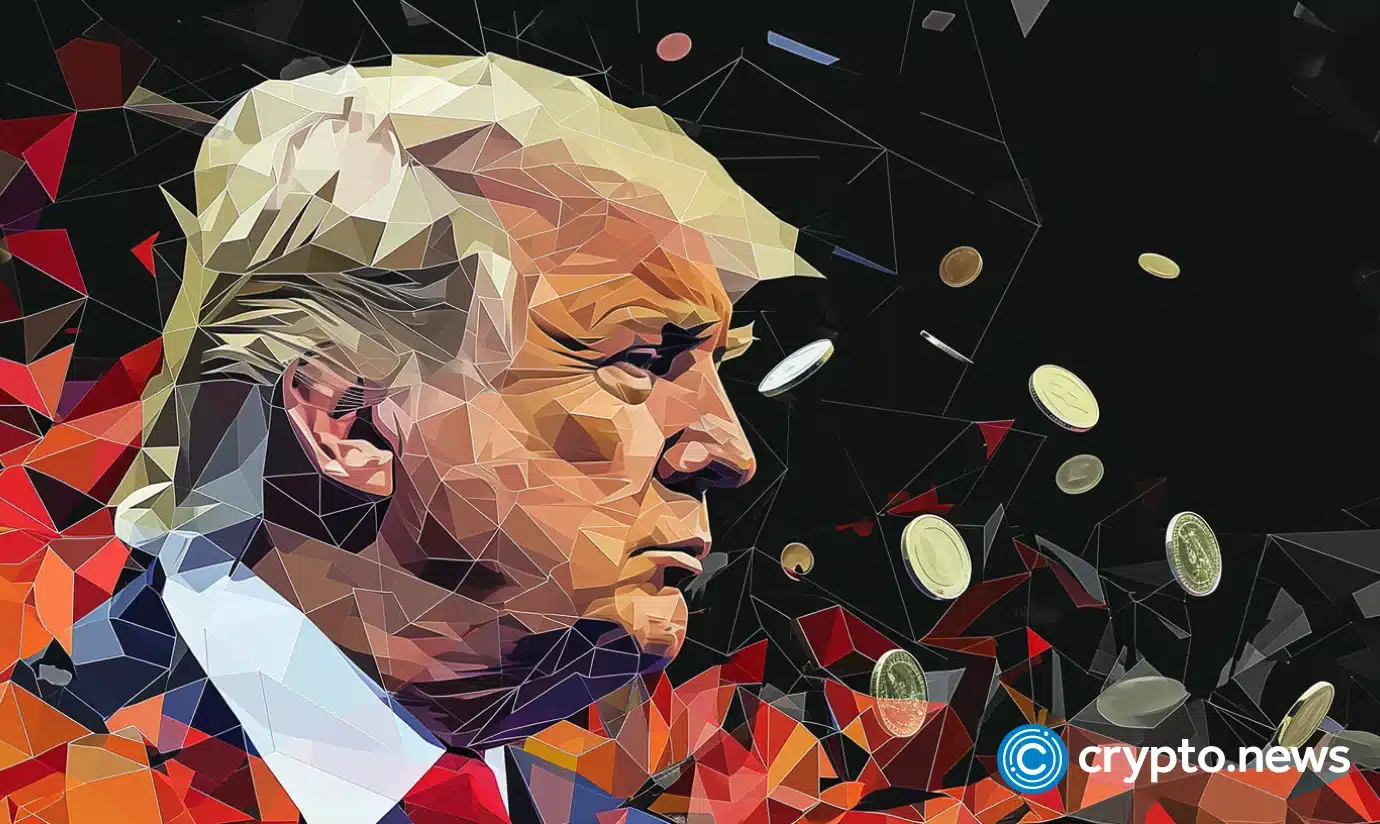South Korea’s Ministry of Strategy and Finance announced on October 8 that it is reviewing measures to regulate stablecoins more strictly.
This decision comes amid growing criticism that stablecoins are emerging as a hidden threat in the forex landscape due to inadequate government oversight.
Growing cross-border use and criticism of the industry
According to local media reports, the Ministry emphasized that stablecoins are mainly used for transactions and exchanges in the virtual asset ecosystem, and their role in cross-border transactions is increasing.
Officials believe these features may soon expand to become a major means of payment and transaction in the real economy.
The Financial Services Commission (FSC) has also decided to prioritize stablecoins in the second legislative phase of the Virtual Asset User Protection Act (VAUPA). An FSC spokesperson stated: “We intend to consult with the relevant ministries regarding legislative cases in Japan, the European Union (EU), etc.”
These efforts come amid growing discontent among industry experts who argue that the nation has been slow to react to the growing use of stablecoins in business transactions. Critics argue that the government is only revising related laws because of concerns about gaps in macroeconomic policy operations.
Stablecoins have gained prominence in the global capital market. Tether holds $97.6 billion worth of US Treasuries, closer to South Korea’s holdings of $116.7 billion, which ranks 18th globally.
In view of this, the nation’s government is bound to apply foreign exchange regulations to transactions. A government official commented:
“Stablecoin regulations will begin with the establishment of a system for issuing pegged coins.”
South Korea’s regulatory framework
Unlike South Korea, the EU and Japan have enacted regulations for stablecoins pegged to their currencies through the Markets in Cryptocurrencies Act (MiCA).
The rules require at least 30% of customer deposits to be held offshore for stability and require exchanges to record details of cross-border transactions. Countries such as the United States, the United Kingdom, and Australia are also moving toward this framework.
South Korea is developing its regulatory framework inspired by international practices. A significant change includes relaxing rules banning corporations from holding virtual asset accounts and allowing trading transactions in stablecoins to be included in official statistics.
Earlier this year, the country introduced the VAUPA, which stipulates that crypto exchanges such as Upbit and Bithumb pay supervisory fees starting in 2025 based on their operating revenue.
The law also requires exchanges to keep at least 80% of users’ assets in cold storage, ensuring that investments are risk-free. It also requires regular reviews of listed commercial assets, removing those that do not meet standards.
SPECIAL OFFER (Sponsored) Binance Free $600 (Exclusive to CryptoPotato): Use this link to register a new account and receive an exclusive welcome offer of $600 to Binance (full details).
2024 LIMITED OFFER on BYDFi Exchange – Up to $2888 Welcome Reward, Use this link to register and open a 100 USDT-M position for free!



